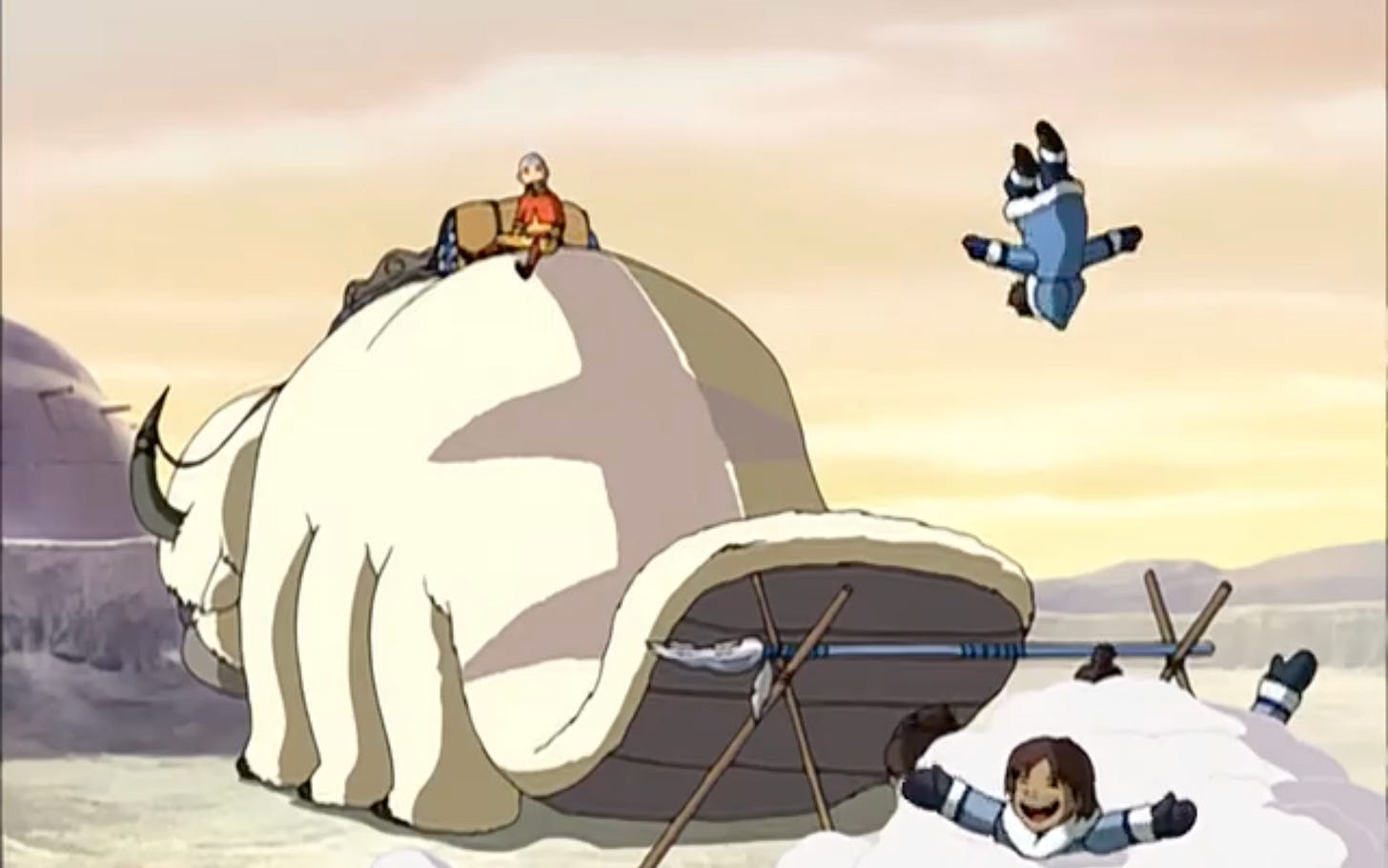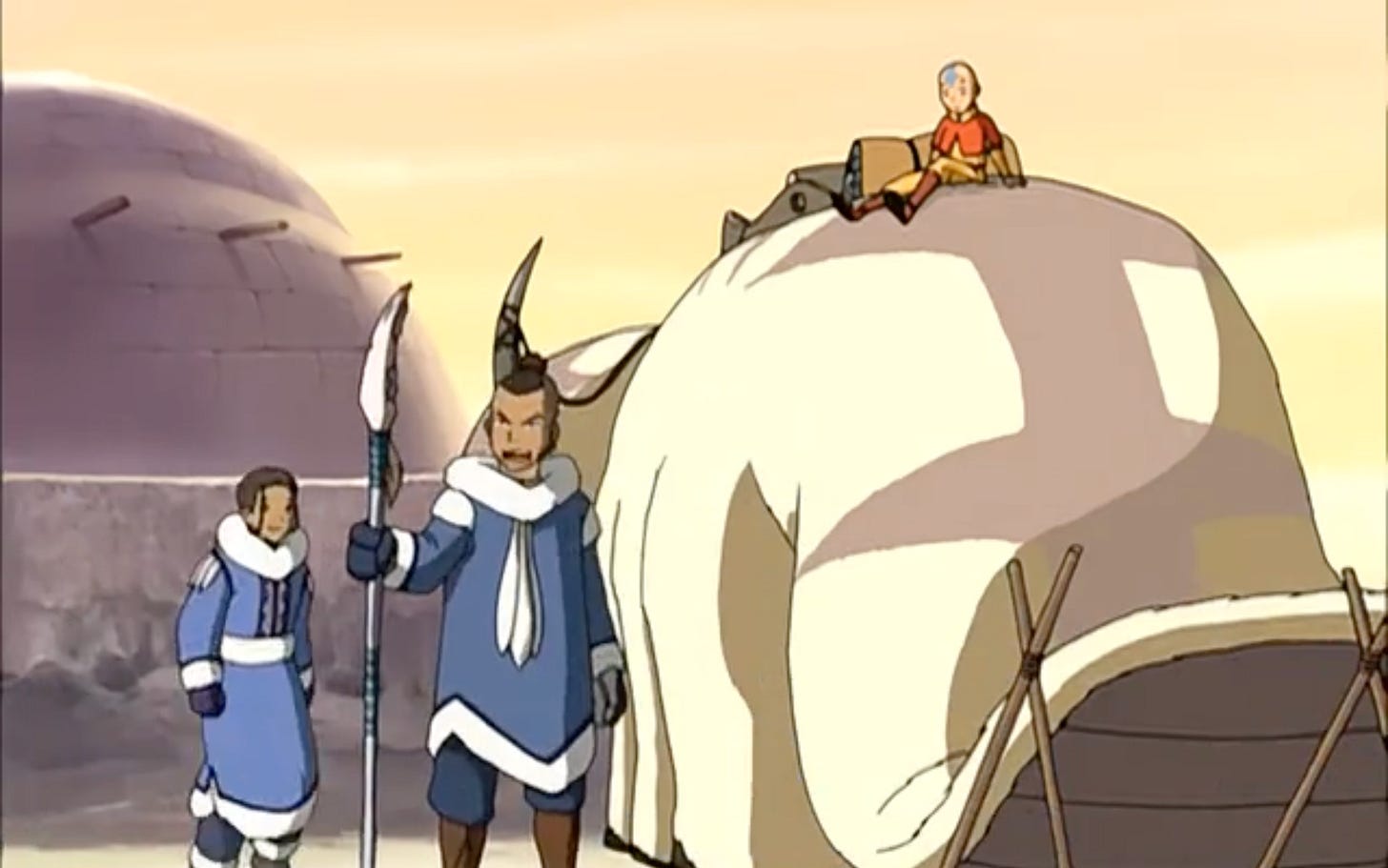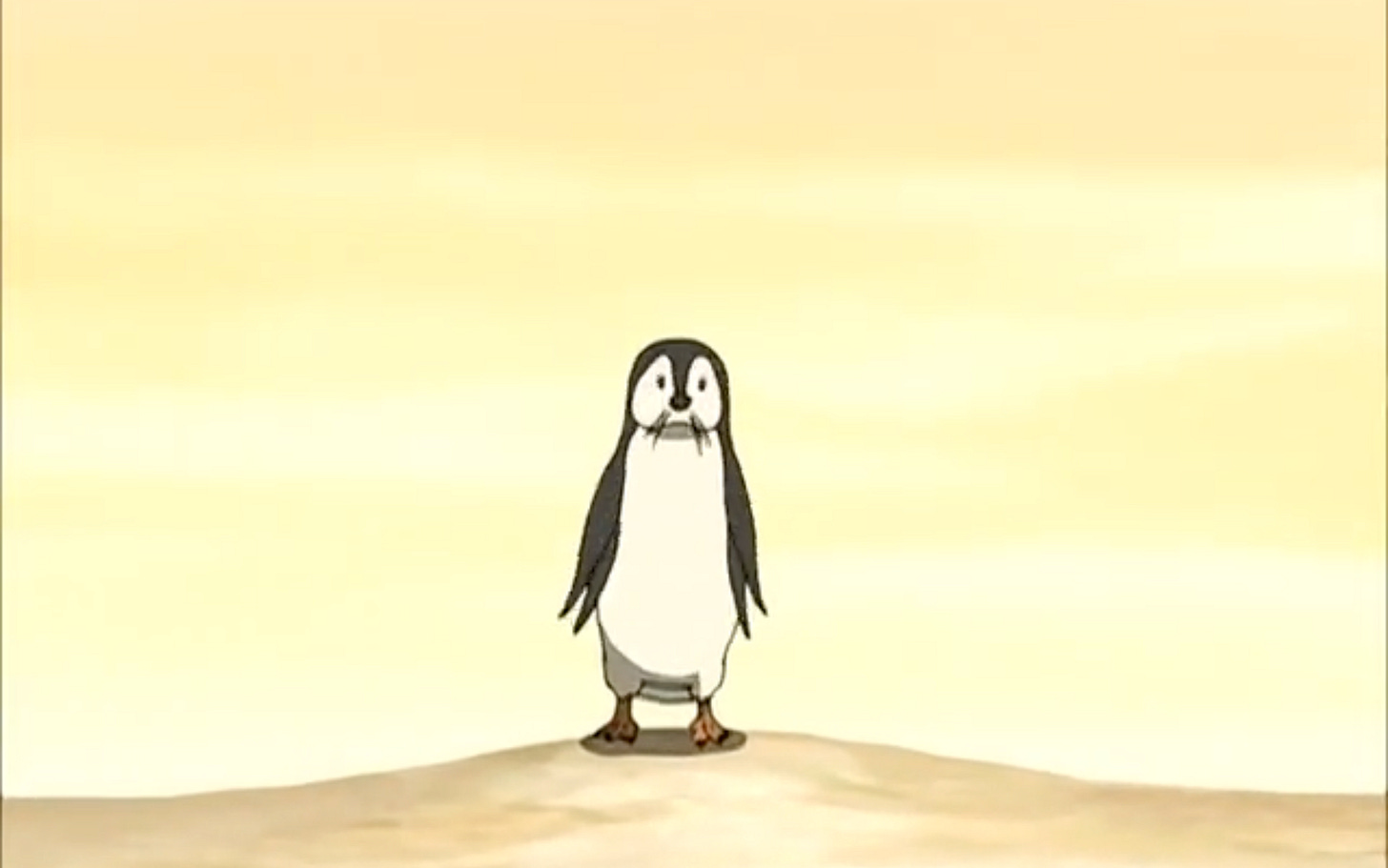Dr. Stuart Brown, no relation to Brené Brown, is a psychiatrist that researches play and has published many helpful books and articles to help advocate for more play in our lives. However, he did not begin his professional journey researching play - he began by studying violence. In 1966, the worst mass shooting to date happened in Austin Texas by the hands of Charles Whitman at the University of Texas clocktower. This incident in particular was noteworthy because it was one of the first (if not the first) mass murder to occur ‘live’ in the blooming era of mass media.
In the wake of the media coverage, the governor of Texas at the time, John Connally sought to create a team of experts that would figure out why this occurred in order to prevent it from ever happening again…Alas, we live in an age where this occurs so frequently it hardly causes anyone to blink - where people are numb to the violence occurring in our lives regularly. Of course - I am generalizing. Thank goodness there are people who continue to advocate for gun control, mental health care, and more.
But I digress…Stuart Brown, who at the time was an assistant professor of psychiatry, joined the multidisciplinary “tower commission” task force charged with understanding the mass murder. In short, the team found that Whitman experienced a significant lack of play in his childhood. This finding sparked curiosity in Dr. Brown and led him on a lifelong journey to explore play and its effects on the world.
I lift Dr. Browns research up because today’s scene from Avatar reminded me of the importance of play - but also how people who have experienced war and violence resist play, leading to a cycle of violence passed on from generation to generation. Let’s check out the scene:
Katara: Have you seen Aang? Gran-Gran said he disappeared over an hour ago.
Aang: Wow! Everything freezes in there!
Sokka: Uh! Katara, get him out of here! This lesson is for warriors only!
“We don’t have time for fun and games with the war going on!”
It is fascinating to watch the dynamic between Sokka and Aang in this episode - there has been so much to learn and investigate - AND we haven’t even gotten through one episode yet! Anyway…the juxtaposition between Sokka and Aang helps me see how much our experiences can shape a person. Sokka has been placed ‘in charge’ of the tribe as its protector - the man of the village. The weight of the expectations placed on him, from my perspective, lead to constant stress and the scarcity mindset that says ‘there is no time for fun and games.’ Have we seen Sokka smile once yet?
Aang, who is not yet fully aware of the war or the genocide of his people, is still interested in play. He plays with the children of the village, he wants to play with otter-penguins, he smiles throughout this episode…compared to Sokka, one might even judge Aang’s playfulness as childish. I want to put pressure on this judgment though because one…Aang is a child and deserves all the play in the world, and two, I wonder what that says about those of us feeling that judgment? Brené Brown, no relation to Stuart Brown (heh heh), talks about judgment in Daring Greatly, “…research tells us that we judge people in areas where we're vulnerable to shame, especially picking folks who are doing worse than we're doing.”
If we see Aang’s behavior as childish, does that mean we might feel shame around being seen as childish? Her research would suggest there is some truth to that. If we judge others for indulging in play, does that mean we judge ourselves for playing? What are the implications of judging playfulness? What are the risks of not playing?
Here is a quote from Dr. Stuart Brown written in an article from October of 2020 to consider:
“Play is not generally seen as being this foundational for living in a changing, challenging world, but it is a necessary ingredient for individual and communal balance. Beyond enabling us to better deal with individual and social requirements, it provides us with adaptive flexibilities, and openness to explore the unexpected. So, the wisdom of play is particularly needed to help us cope with the pandemic and our polarized society. Thank goodness… Despite the pandemic, it still is fun and rejuvenating to play.”
“Play is a necessary ingredient for individual and communal balance” - that struck me as something important to consider in the context of Avatar. May we all find balance in our lives by integrating more rest and play into our regular routine.
If you are curious about play, I recomment Stuart Brown’s book…Play. It has been a wonderful tool for me to learn more about play - what it is, how it works, the benefits, etc. Or - if you want a primer without paying for the text, you can learn more about it here: What is Play?
I am grateful for the reminder - that play is integral to individual and communal balance - because I often forget how important it is to play. In the busyness of graduate school, working multiple jobs, trying to survive - it can be easy to forgo something that SEEMS so frivolous. Instead, I will choose play today.
What do you do to play?
Thanks for joining me on this journey.
Until Next Time,
Be Well and Do Good












